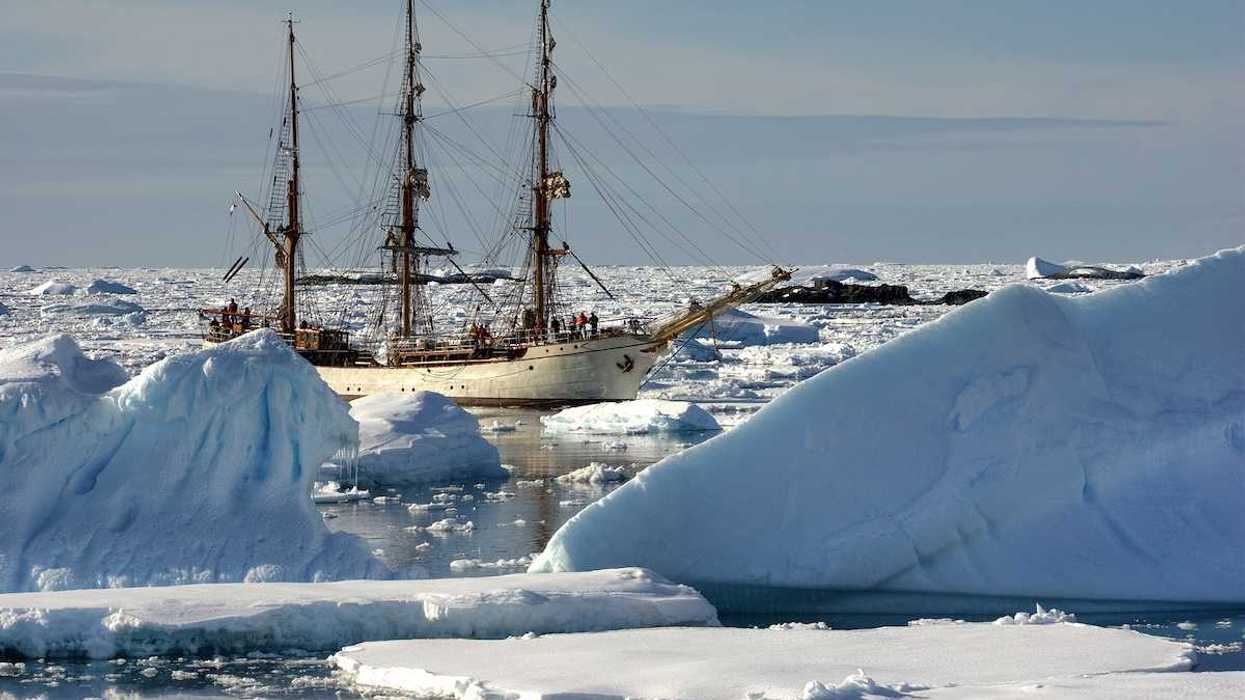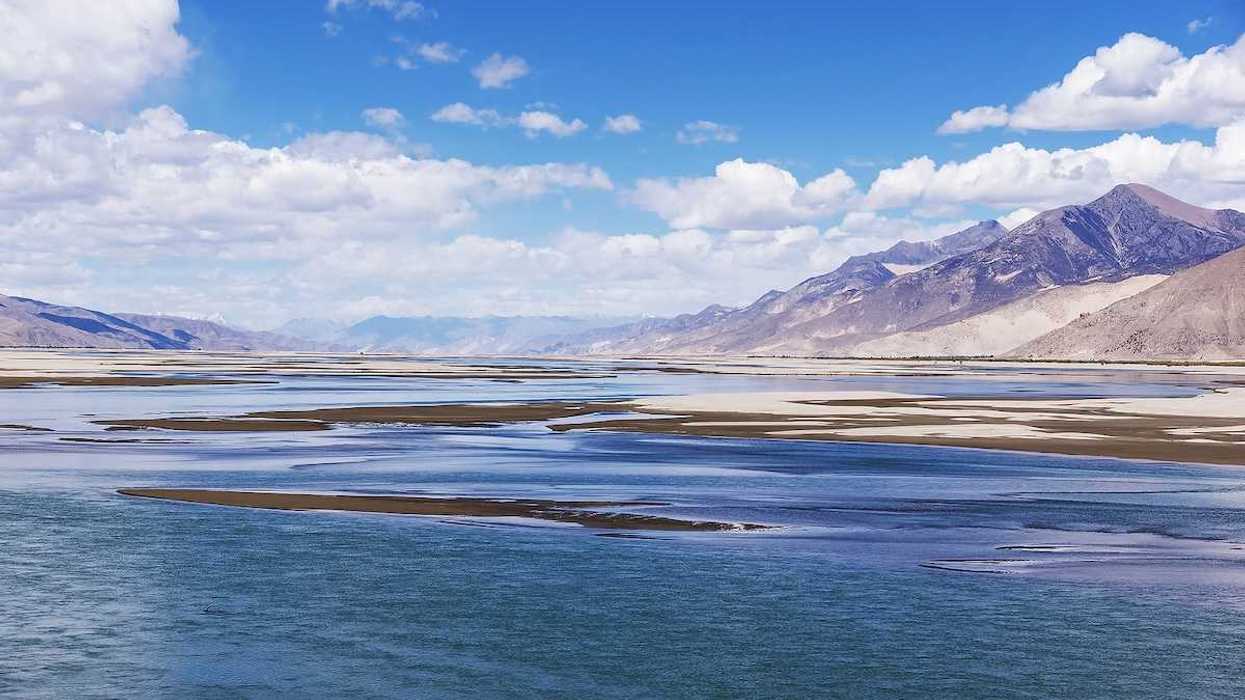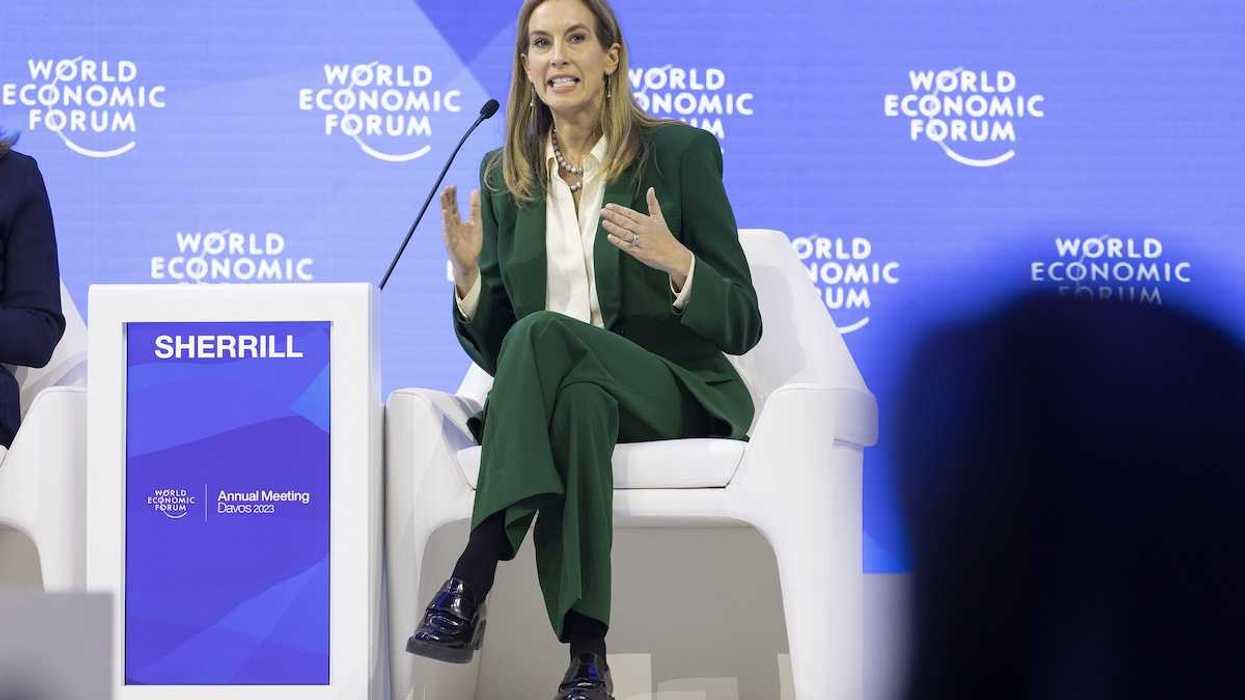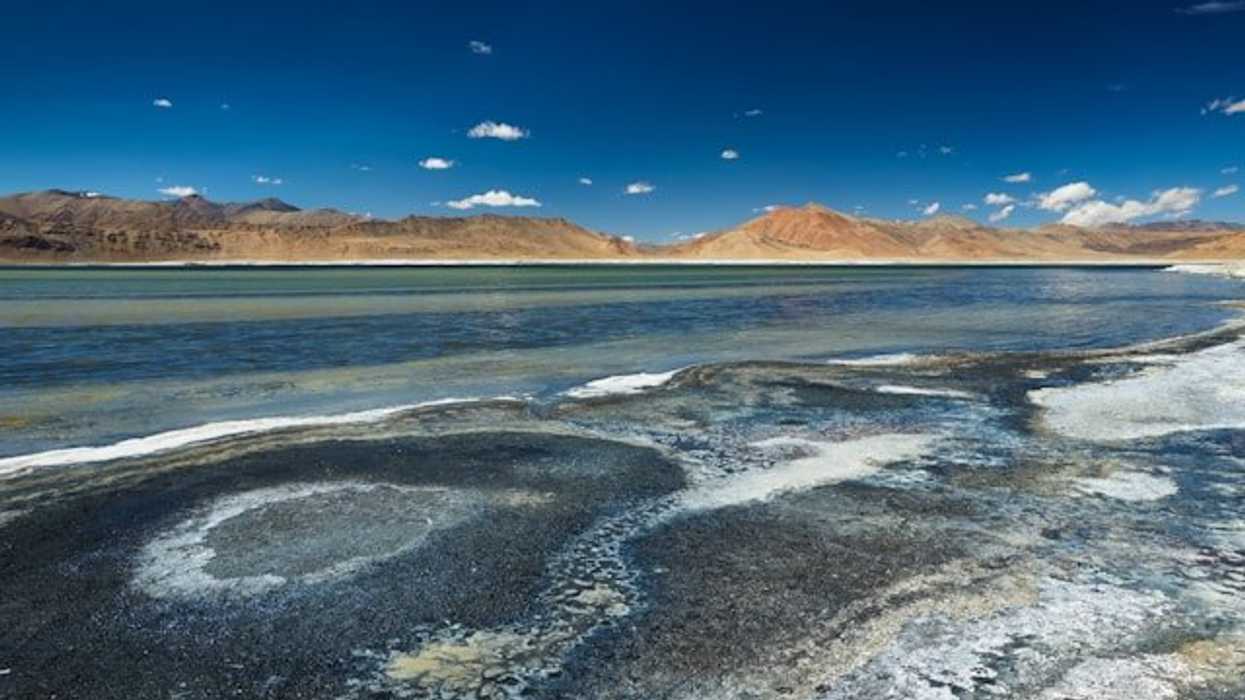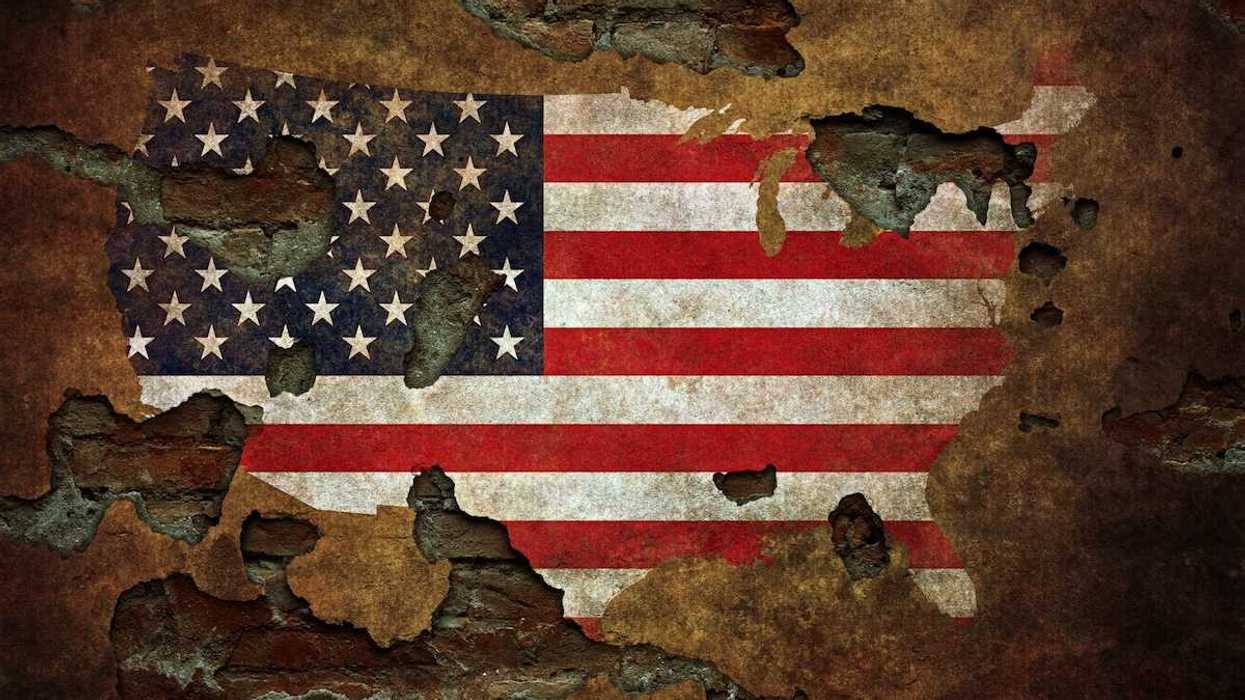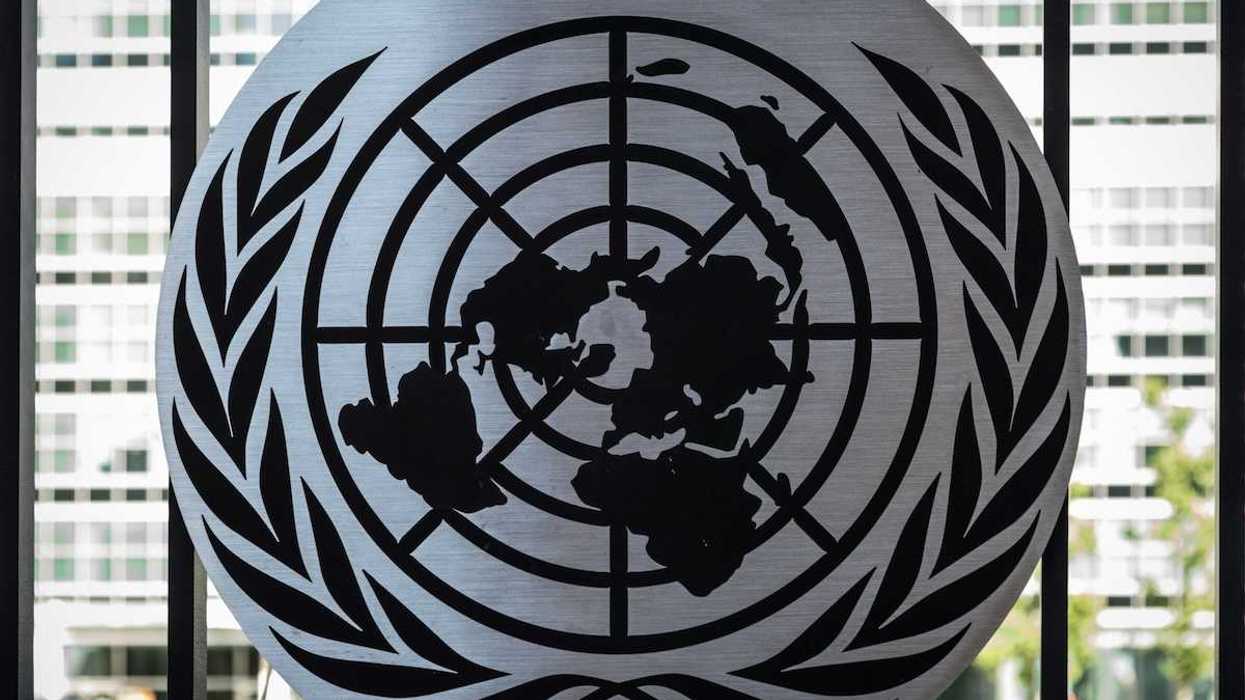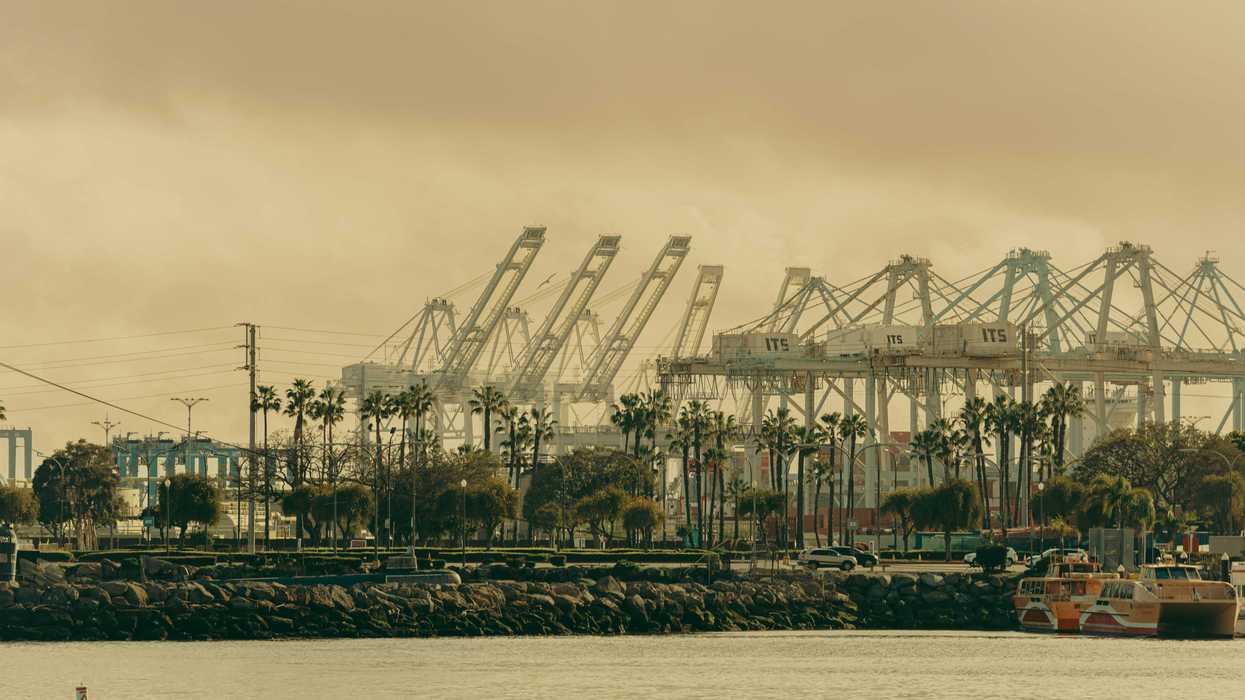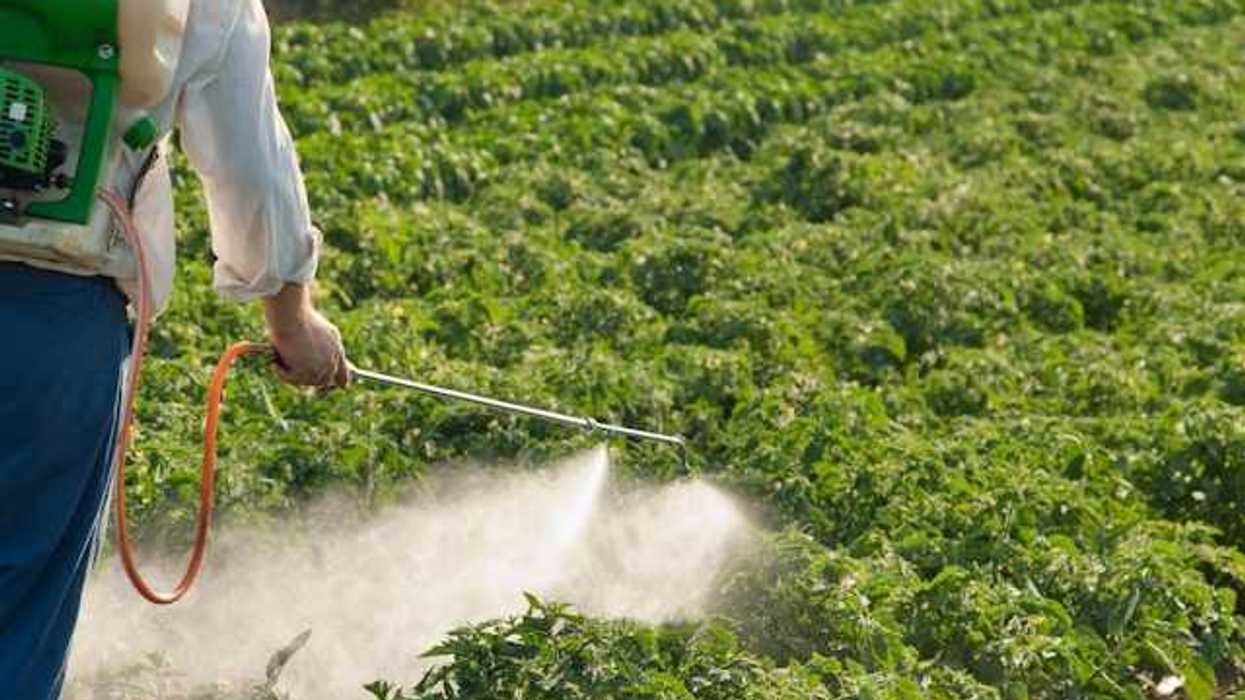Brazil's beef industry faces a potential 25% reduction in production by 2050 if it fails to adapt to stringent climate policies and forest conservation efforts.
Maxwell Radwin reports for Mongabay.
In short:
- Brazil's beef production might decrease by a quarter by 2050 due to enhanced climate and forest conservation measures.
- The cattle industry faces significant financial risks unless it adopts new technologies and sustainable practices.
- Deforestation linked to cattle ranching exacerbates climate change, negatively affecting cattle health and soil productivity.
Key quote:
"The future of the Brazilian cattle sector is set to look very different to how it appears and operates today."
— Niamh McCarthy, director of Orbitas
Why this matters:
Rising temperatures, altered rainfall patterns, and increased frequency of extreme weather events such as droughts and floods are expected to impact pasture quality and water availability, crucial for cattle grazing. These environmental changes can lead to reduced feed quality and availability, stressing cattle and potentially decreasing meat and milk production.


